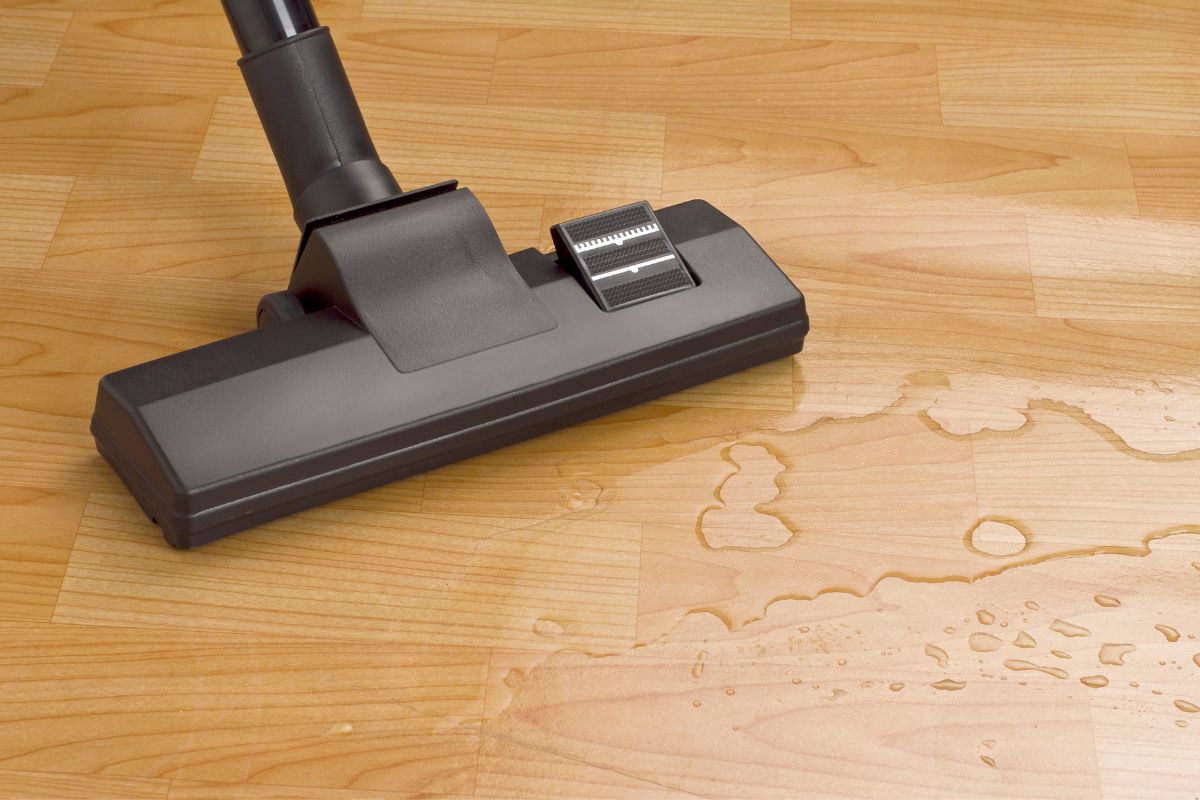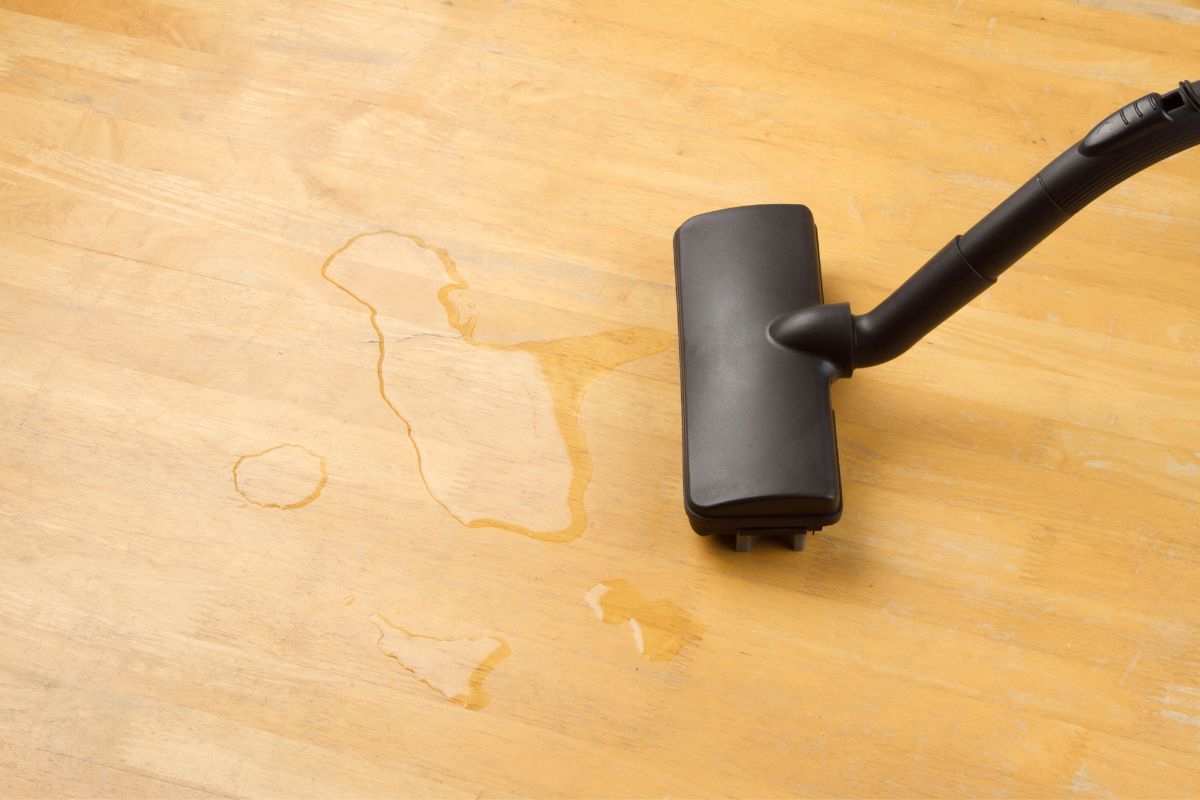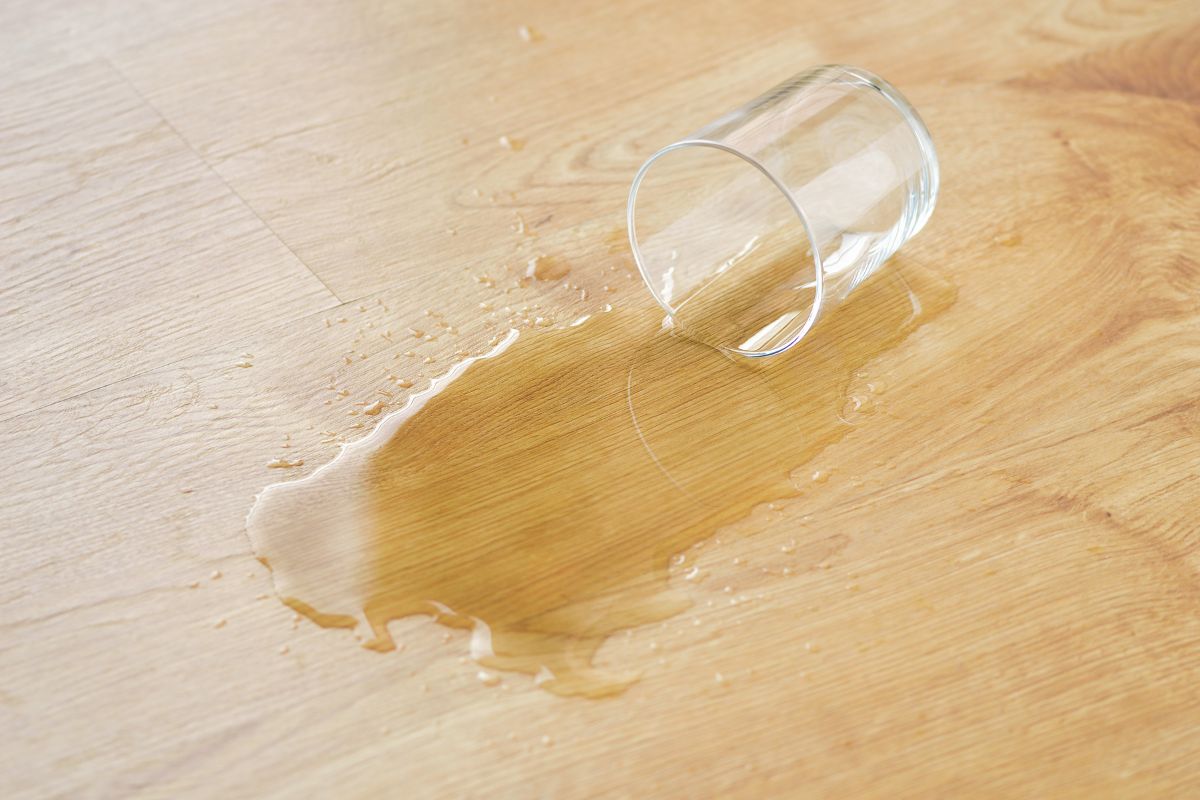This might sound silly, but can you vacuum water?
There’s nothing worse than having a relax after a long day’s work then boom, you knock over the glass of water you had poured out to refresh yourself. Water goes everywhere and your floor is soaked, spills happen to the best of us.
The instinct is to grab a paper towel and soak up the mess. Maybe you will dig out the mop and bucket from the closet and give the floor a wipe. However you go about cleaning up you probably want to do it as fast as possible.
Could a vacuum cleaner be the best method for this task, we all know how fast they can suck up dust and animal fur but can they be used to vacuum water?
Do You Want To Use A Vacuum?

Most vacuum’s purpose is for cleaning the home, be that what they are designed for, to pick up dust and dirt.
Why would you want to vacuum water? You may worry about accidentally vacuuming up moisture during a regular cleaning routine.
It seems to be a very convenient use of a vacuum to remove a puddle of water with no extra effort from yourself.
There are vacuums that can be designed to suck up water, these are typically used for clearing drains.
There are reasons you would use a vacuum to clean up some water. But, a regular vacuum cleaner is not designed to take on water.
How Much Water Can A Vacuum Take?
If you have a regular vacuum and not a type designed around sucking water then sucking up water can ruin your vacuum, this does not mean that a single drop will cause your vacuum to be destroyed.
The question is how much water can a vacuum take on before it is broken and needs replacing.
The breakdown for this is; if your vacuum takes on some light moisture then it will be fine. Light moisture means only a few drops of water, it will not break your vacuum but it can cause an issue in the bag or vacuum chamber.
If this happens you will need to let it dry out before using the vacuum again.
The next level of water exposure is much more risky to the likely hood of your vacuum surviving. Medium moisture would be equivalent to a small puddle of water being sucked into your machine.
This amount of water could ruin your vacuum so as soon as you realize you have taken on this amount you should immediately unplug your machine and wait for it to dry out.
This doesn’t mean the vacuum will never work again but the chances of it working are a lot slimmer.
Finally we have a high level of moisture, this would be like vacuuming up a full buck of water. As you would expect this will ruin your vacuum, causing a massive mess in your machine and can also lead to potential electrocution.
Consequences When You Vacuum Water

If you do use a vacuum that is not designed to take on water then you should be prepared for there to be issues with the vacuum and the room you are vacuuming.
You know the consequences to the vacuum but what about other issues.
The list of things that can happen when you vacuum up water are; water can spill everywhere, if you take the filter out to remove the water, the water can spill all over the floor as the filter is not designed to hold water.
As mentioned before it can cause a huge mess in your vacuum that may take a long time to dry out.
The water may cause a clog in the machine meaning if you go to vacuum again the vacuum will not take up any dirt or dust as it has no suction power.
The vacuum cleaner bag holding all the dirt and dust you have sucked up will be turned into a horrible sticky mud when exposed to water.
This makes it difficult to clean out and if you leave it the mixture will cause clogs that can not be cleaned easily.
Water will carry dirt into your machine’s inner working so even when the water does dry the dirt will remain and will destroy your vacuum or make it much less efficient.
Finally you can potentially be electrocuted, especially with modern vacuums that have a lot of electronics build in. Any exposure to water could cause you to be electrocuted.
How To Remove Water
If you have mistakenly gotten water in your vacuum there are ways to fix it. Firstly you should turn off the vacuum and allow the machine to dry itself out, this will only work with a small amount of water.
Along with turning the vacuum off you should also cut any power to it this will avoid any small chance of electrocution.
To allow your machine to best dry out you should remove some of the components, remove the hose and the bag and allow all the pieces to dry out before reassembling the vacuum.
If you have somehow flooded the vacuum then it may not be worth the attempt to salvage the vacuum. Any attempt to remove parts may just cause the water to leak out into the room and do even more damage.
Final Thoughts
To safely vacuum water you will need a vacuum that has been designed to take up dirt, dust and water.
They will act in the same way as the standard vacuum but with the added benefit of being able to take on water without breaking.
So to conclude if you suck up just a small amount of water your vacuum cleaner will be more than likely okay, you should let it dry and refrain from vacuuming up any more spills in the future.
However, if you have sucked up a large amount of water then sadly say goodbye to your vacuum and unfortunately you will have to stump up the money for a replacement.

